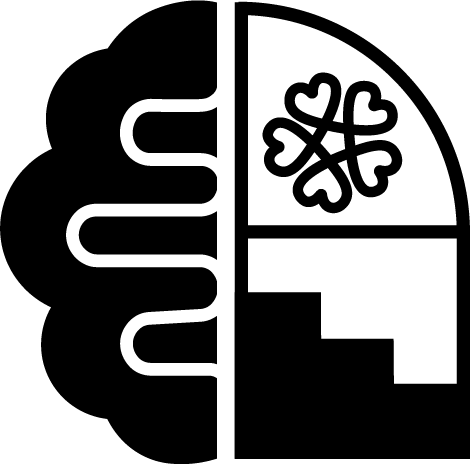Why Am I So Emotionally Sensitive? Understanding Emotional Dysregulation and What You Can Do About It
You’re Not Overreacting—Your Emotions Are Valid
Do you ever feel like your emotions are too much—for you or for others? You might have been told you're “too sensitive” or that you “overreact.” But there’s often more going on beneath the surface.
Emotional dysregulation is a real, treatable experience that can impact your daily life and relationships. If this sounds familiar, you’re not alone—and support is available.
What Is Emotional Dysregulation?
Emotional dysregulation means having difficulty managing and calming emotional responses. It can look like:
Feeling overwhelmed by sadness or anger
Being unable to calm down for hours after an upsetting event
Acting impulsively when distressed
Feeling emotions more intensely or longer than others around you
For some people, these patterns are linked with anxiety. For others, they may be part of Borderline Personality Disorder (BPD)—a condition that’s often misunderstood but treatable with the right support.
Why Does This Happen?
You didn’t cause this—and it doesn’t mean anything is wrong with you. Emotional dysregulation can arise from:
Early childhood experiences that discouraged emotional expression
Attachment disruptions or trauma
High emotional sensitivity or reactivity
Cultural values that emphasise emotional control or “saving face”
Many of the Asian-Australian clients I work with share how difficult it is to balance cultural expectations and emotional health—especially when there's a stigma around seeking help.
👉 Read about culturally sensitive therapy for Asian mental health
How Therapy Helps
Through therapy, you can learn to:
Understand your emotional patterns and triggers
Apply mindfulness and grounding strategies
Reduce emotional reactivity and self-criticism
Build safer, more secure relationships
I use Dialectical Behaviour Therapy (DBT) and Schema Therapy to help clients manage big feelings and create lasting emotional change.
You’re Not Too Much
Your emotional world deserves understanding, not shame. With the right support, you can develop a healthier relationship with your emotions and yourself.
Want to Talk?
If this post resonates with you, you’re warmly invited to take the first step.
👉 Book a free 15-minute consultation
👉 Explore BPD therapy with Dr Heather Gan

